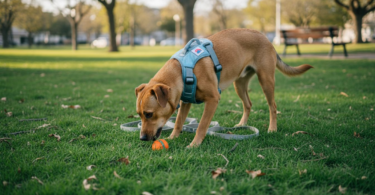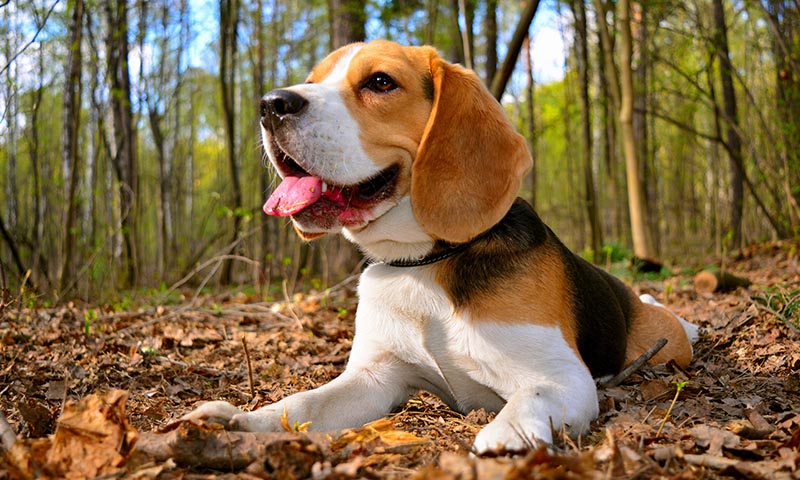Dogs, like people, can have sensitive skin. To detect if your dog has this type of skin, you will need to look closely at some symptoms. In this post we tell you what may be some signs that will help you know if your dog has this type of skin.
Dogs with sensitive skin
- Frequent itching: A dog that frequently scratches, licks or bites certain areas of its body may have skin sensitivities.
- Redness or inflammation: If your dog’s skin is red, inflamed or irritated in certain areas, it can also be a symptom of this type of skin. Carefully examine your skin for changes in coloration or texture.
- Hair loss: Sensitive skin can lead to hair loss in some areas of your dog’s body. Look for areas of reduced hair density or hairless patches.
- Rashes or wounds: Rashes, pustules, blisters or wounds on the skin may be signs that the skin is reacting negatively to something.
- Behavior: Dogs with sensitive skin may often show behavioral changes such as restlessness, irritability or difficulty falling asleep due to discomfort.
Of course, symptoms such as those described above may also be caused by other diseases or conditions. It is always necessary to visit your veterinarian in case of changes in your dog’s health. The veterinarian will be in charge of making a diagnosis and determining the appropriate treatment.
Care
If you have a dog with sensitive skin, it is important to provide it with special care to keep its skin healthy and avoid possible irritations or allergic reactions. Take note of the following tips on how to care for a dog with sensitive skin.
- Food. Good nutrition is essential to maintain the health of your dog’s skin. Choose high quality and specific foods for dogs with sensitive skin. Look for options that contain mild ingredients and avoid foods with additives or ingredients that may trigger allergies.
- Bathrooms. Bathe your dog regularly using mild and specific shampoos for sensitive skin. Avoid products with strong fragrances or irritating ingredients. Rinse the coat thoroughly to remove any shampoo residue, as residue can cause itching and redness.
- Environmental allergens. Try to minimize your dog’s contact with certain environmental allergens such as pollen, dust mites or grass. Keep indoor spaces clean and avoid taking your dog out during peak allergen times. You can also consider the use of home air filters to reduce them.
- Sun protection: Like humans, some dogs may be sensitive to excessive sun exposure. If your dog has sun-sensitive skin, limit its outdoor exposure time during peak hours of solar radiation and consider using dog-specific sunscreen on exposed areas, such as the nose and ears.
Image courtesy of https://pixabay.com, all rights reserved.







